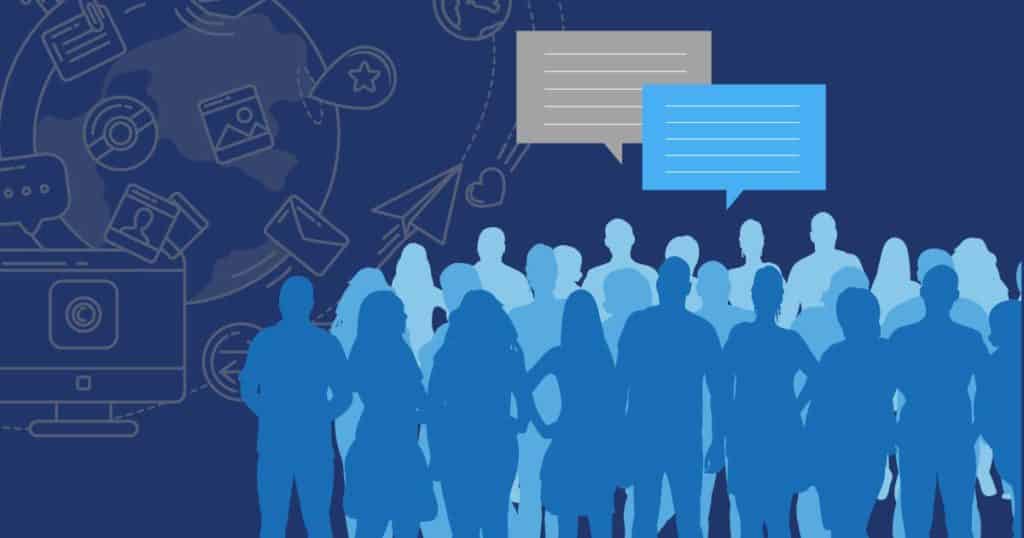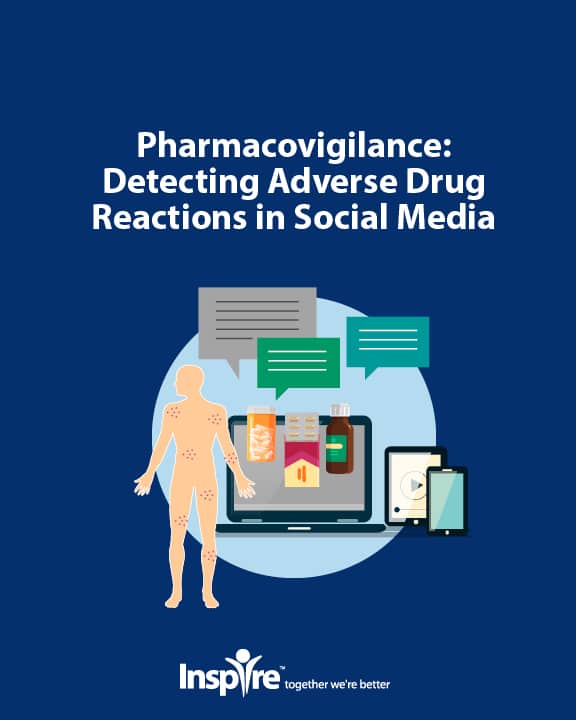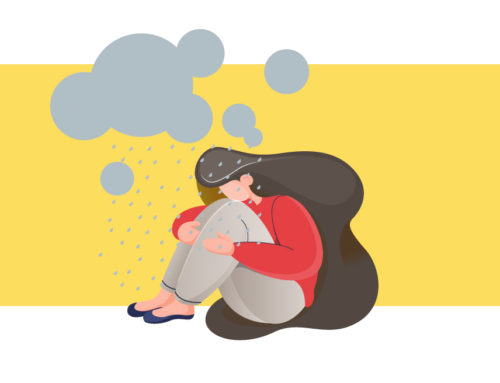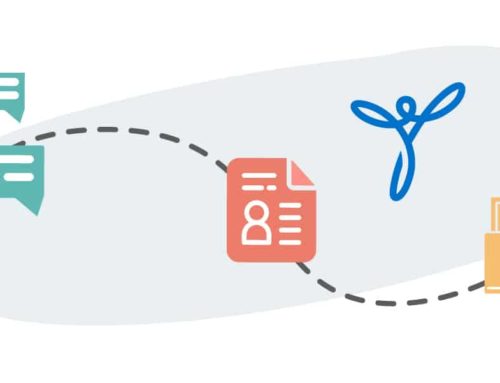Why peer-to-peer online patient communities are important to patients, caregivers and pharma

What do patients and caregivers say about online patient communities? Inspire posts, podcasts, and patient advocates concur on the powerful and varied benefits, especially in research collaborations and as a trusted source of treatment and clinical trial information.
Opportunity for research collaborations
As early as 2005, Inspire member, Katherine K. Leon searched for other people with Spontaneous Coronary Artery Dissection (SCAD). Slowly she found members in Inspire’s WomenHeart community. Motivated by a lack of information explaining why her coronary artery dissected, she collected stories from 68 women worldwide on WomenHeart.1
In October 2009, Leon attended a WomenHeart Science and Leadership Symposium at Mayo Clinic. She approached renowned cardiologist, Dr. Shannon Hayes, described her success in finding SCAD survivors through Inspire’s WomenHeart online community, showed Hayes the research she had collected and asked her to conduct research on SCAD.2 Dr. Hayes provided Leon with the information she would need to consider a trial, and agreed to conduct a pilot study. Leon came back to Inspire and recruited. Within a week, 18 women volunteered to participate.1 A clinical trial and many research projects have followed including in 2018 a Scientific Statement from the American Heart Association.3
Others are following Leon’s example. During a recent podcast of patient and caregiver advocates, panelist Claire Snyman, an author, patient advocate and rare brain tumor survivor, explained how supportive communication between patients can reveal commonalities of experience and distinct differences. Snyman brought her observations to Johns Hopkins University resulting in findings that rare brain tumor patients who had surgery to remove their tumor had less disability due to headaches and reported better quality of life than those who had not had surgery.4 ,5
A second panelist, Rachel Martens, acts as parent engagement facilitator for Kids Brain Health Network. In her work, Martens has cultivated a system of knowledge exchange between caregivers of disabled children and researchers in child development and disabilities. In a recent journal article, researchers involved in their joint online community said they had found an unexpected benefit in the study: they gained an understanding of what issues were important to families in their daily lives.4,6
A trusted source of treatment options and clinical trial opportunities
Another positive advantage for patients and for the pharmaceutical industry also arises from large groupings of patients. Patients and caregivers share what they know about treatment options and clinical trials. Snyman learned that “getting insight to resources that are specific to my condition was key and I got a lot of that information from the peer-to-peer group I belonged to.”4
A member of Inspire pointed to her interactions online as life-extending: “…one of the many ‘Inspire Angels’ …guided me through my three years on [treatment] with her knowledge and sense of humor.. [and] motivated me to learn to research, question and explore… [Others] were the very first to bring to my attention the very early studies of [two treatments]. Because of [this] information, I was one of the first to question my oncologists about these trials.”1
Direct-to-consumer advertising of clinical trials and treatments in online forums can effectively bolster this communication among patients.
Empowerment
Information from these communities empower members to communicate with their physicians. Another podcast panelist, Maggie Keresteci, a Health Systems consultant and caregiver for a sibling with a rare cancer, said, “For me, peer-to-peer groups online is a validation of what I’m bringing to my physician or my sister’s physician…[it] has been…somewhat threatening to some of the physicians because I come more confident in what I’m saying because of the support I’ve received from peer-to-peer groups. I feel less isolated and I feel more equipped to go to a doctor about concerns or to question the information they are providing.”4
Echoing that sentiment, an Inspire member post said, “INSPIRE taught me to question, question, question, not to take things lying down but to be forearmed and fight back if the answer I got didn’t fit with what I’d learned.”1
For people with rare conditions, getting to the correct diagnosis on average takes 7.2 years.6 “There is a lot of misdiagnosis with in the brain tumor community,” Snyman stated. Her fellow online peers emphasized the importance of “…putting your health in your own hands, being your own advocate, not being afraid to ask for a second opinion, asking questions.”4
Actionable and trustworthy connections and information can motivate significant change. For all the recent negative news and headlines about social media and online discussions, providing patient online communities that are safe, trusted environments, contributes to a surprising amount of good.
Inspire offers a trusted community to patients and caregivers. Our goal with this blog, this website and our content is to provide the life science industry access to the true, authentic patient voice. In so doing, we support faithful operationalization of patient-centricity. Take a look at our case studies, eBooks and news outlet coverage.
References:
1https://www.inspire.com
2 Hoffman, K. (2014). SCAD Heart: Patient initiated research in action. Medivizor. Accessed April 12, 2019 https://medivizor.com/blog/2014/04/15/scad-heart/
3Hayes, S. et.al. (2018) Spontaneous Coronary Artery Dissection: Current State of the Science: A Scientific Statement From the American Heart Association. Circulation. 137:e523–e557. https://doi.org/10.1161/CIR.0000000000000564
4 https://patientcritical.com/podcast/peer-to-peer-online-communities/
5Kone, L. et al (2017).The impact of surgical resection on headache disability and quality of life in patients with colloid cyst. Cephalalgia. 37(5):442-451. doi: 10.1177/0333102416648654.
6Russell, D. et al (2016). Knowledge exchange and discovery in the age of social media: The journey from inception to establishment of a parent-led web-based research advisory community for childhood disability. J Med Internet Res. 11;18(11):e293
7https://www.medscape.com/viewarticle/840440






